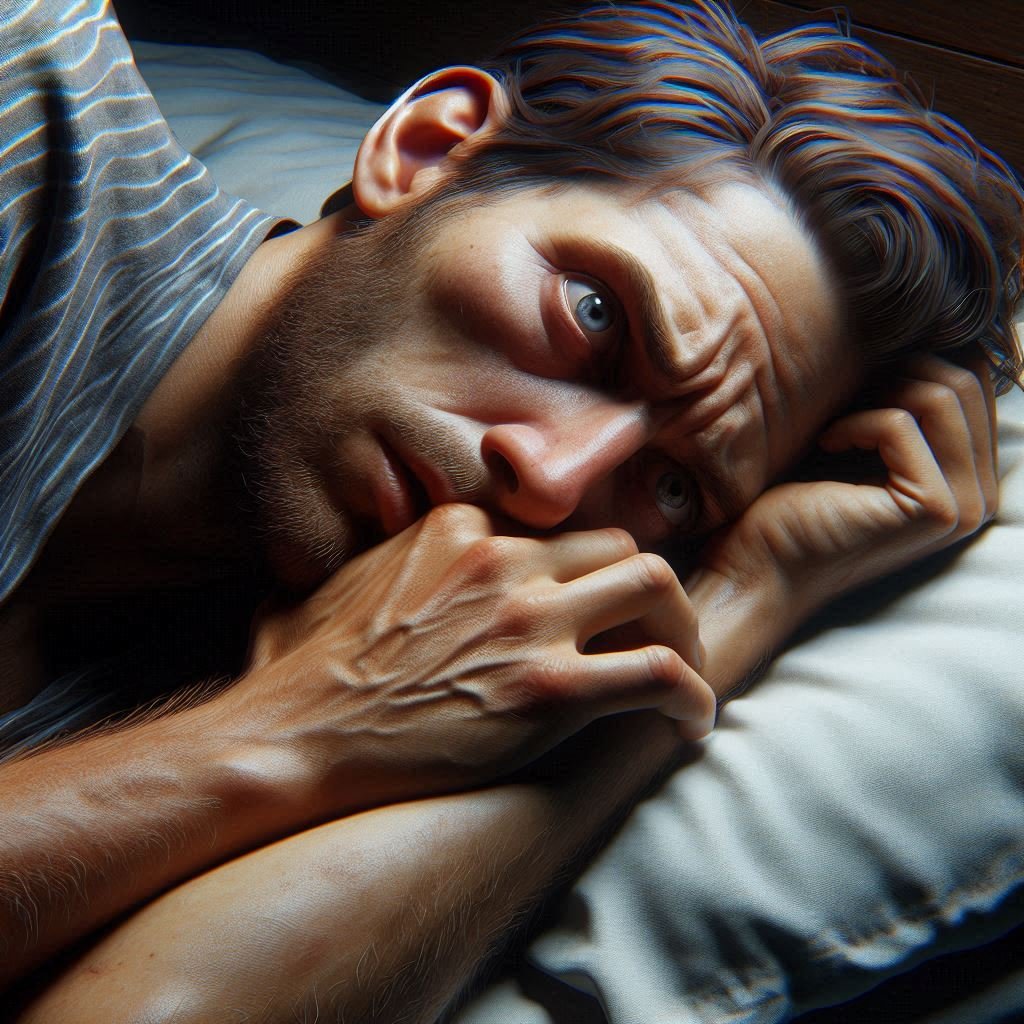
Insomnia is becoming an increasingly common complaint which currently affects more than a third of all adults. People who suffer from insomnia experience poor-quality sleep and generally complain that they:
- Have difficulty falling asleep.
- Frequently wake during the night.
- Have difficulty returning to sleep.
- Wake up too early in the morning.
- Feel un-refreshed in the mornings.
Sleep is a fairly complex process which is made up of two types of sleep, REM (Rapid Eye Movement) sleep and non-REM sleep. REM sleep is when we dream, non-REM sleep is divided into a further four stages. You may find that after a good night’s sleep that you feel refreshed and energized. Sleep enables you to restore and rejuvenate many functions of the mind and body. However, if you’re an insomniac you may find that you are not able to fall into the deeper stages of sleep, which is vital for restoration.
A person who suffers from insomnia may experience little or no sleep at night. Without sleep your immune system may weaken leaving you prone to illnesses. Sleep seems to organize memories, as well as helping you to recover them. It also helps restore muscular energy, and release growth hormones for proper physical and mental development. It may also cause problems during the day, such as tiredness, fatigue, lethargy, difficulty concentrating and irritability.
Insomnia can be categorized as transient, intermittent and chronic. However many sufferers will have experienced more than one type of it. Insomnia is found in males and females of all age groups, although it seems to be more common in females and in the elderly. The ability to sleep, rather than the need for sleep, appears to decrease with advancing age.
Contrary to what people think, insomnia is not defined by the number of hours a person sleeps. Generally as we get older, we tend to need less sleep. Babies might need between 10 to 14 hours a night and children between 9 to 12 hours sleep. The optimum amount of sleep for most adults is around 7 to 8 hours a night. Although as I said it really does differ from person to person, some people may need as few as 4 hours, or as many as 10 hours of sleep per night.
It is best not to resort to taking sleeping pills because they often cause side affects. Secondly the chemicals in prescribed sleeping pills can affect normal brainwave patterns during sleep. Thirdly as your body builds tolerance to them you may find that they no longer work. I could go on and on about the negative effects of taking sleeping pills.
If you absolutely have to take something, then consider a natural remedy. Consider Valerian extract or drinking a soothing and relaxing beverage at night such as warm milk or chamomile tea.
It’s true that most of us will suffer from a sleepless night at some point in our lives. However it’s important to take note and act if it becomes a reoccurring problem. Insomnia does not just develop overnight, it’s a conditioned habit. If we can deal with insomnia before it becomes a real issue, there’s a good chance it won’t develop any further.
First and foremost, consult a medical professional to rule out other sleep disorders such as sleep apnea or narcolepsy. It’s also important to diagnose and treat underlying medical or psychological problems such as depression as they may worsen your insomnia. Try behavioral techniques to improve sleep, such as relaxation therapy and also pay attention to your sleep habits (also known as sleep hygiene).
Thanks for reading this article on insomnia, I hope you found it useful and informative.




